Kunal Shah is one of India’s most talked-about entrepreneurs — not just because he founded companies like FreeCharge and Cred, but because of the way he thinks. His journey is a story of curiosity, bold ideas, and the courage to question how things should work.
Today, he is seen as a thinker, builder, and problem-solver who has shaped India’s modern startup ecosystem. But his path to success was far from traditional.
This is the complete, easy-to-read, deeply researched success story of Kunal Shah — written in simple language and created especially for readers of CEOIndiaMagazine.
Early Life: A Mind That Questioned Everything
Kunal Shah was born on May 20, 1983, in Mumbai into a middle-class Gujarati family. His father ran a small business, and from very early on, Kunal saw the challenges of running a traditional business. While most kids grew up memorizing answers, Kunal grew up asking questions.
He often shares that he hated learning things just for exams. Instead, he loved learning through observation. He was fascinated by human behaviour — why people trust, spend, save, or take risks.
This curiosity later became the foundation of all his companies.
Education and the Dropout Journey
Kunal completed his Bachelor of Arts in Philosophy from Wilson College, Mumbai. Yes — philosophy, not engineering or business. And later, he joined an MBA program at NMIMS, but he dropped out.
When asked why he chose to drop out, Kunal said something very simple:
“I did not feel I was learning anything new. I learn more by doing.”
This decision shaped his future. Instead of finishing a degree, he jumped into the world of business and problem-solving.
Early Career: Freelancing, Consulting, and Learning
Before entering the startup world, Kunal worked various small jobs such as:
- Freelance design work
- Building websites for clients
- Data entry projects
- Business process consulting
These jobs taught him three important things:
- India has massive inefficiencies.
- People are willing to pay if you solve a real problem.
- Trust and convenience shape how people behave.
He absorbed these lessons and waited for the right opportunity.
Founding FreeCharge: The First Big Break
In 2010, mobile recharges in India were still done offline. People stood in long queues for something as simple as a recharge. Kunal noticed this gap and co-founded FreeCharge with Sandeep Tandon.
The idea was simple:
Recharge your phone and get the same value back in coupons from top brands.
For Indian consumers, this was almost magical.
FreeCharge quickly became one of the fastest-growing startups in India.
Why FreeCharge Worked So Well
- It solved a real problem — online recharges.
- It gave real value — cashback in the form of coupons.
- It created a habit — people returned again and again.
In 2015, FreeCharge was acquired by Snapdeal for an estimated $400–450 million, one of India’s biggest startup acquisitions at the time.
This moment placed Kunal among India’s top startup founders.
But he was just getting started.
The Gap Years: Thinking, Studying, and Understanding India
After selling FreeCharge, instead of jumping into another business, Kunal spent time studying global markets, human behaviour, and economic patterns. He worked with companies like:
- Sequoia Capital
- Y Combinator
- Government committees
During this phase, he understood something powerful:
“India is a trust-deficit country. People want rewards, security, and recognition for doing the right thing.”
This insight became the seed for his next big venture.
Founding CRED: A Company Built on Trust
In 2018, Kunal launched CRED, a platform that rewards people for paying their credit card bills on time.
The idea was unusual. Some even called it crazy.
Why reward people for doing something they were already supposed to do?
Kunal’s answer was simple:
“Good behaviour should be rewarded.”
CRED started by offering reward coins for timely bill payments, which members could redeem for offers, experiences, and products. Over time, CRED expanded into:
- CRED Cash (instant loans)
- CRED RentPay
- CRED Mint (peer-to-peer lending)
- CRED UPI
- CRED Insurance
- CRED Housing Services
Today, CRED is valued at several billion dollars and is one of India’s most trusted premium consumer brands.
Table: Key Milestones in Kunal Shah’s Life and Career
Below is a quick, easy-to-understand snapshot of his journey inserted directly into the article:
| Year | Milestone | Details |
|---|---|---|
| 1983 | Birth | Born in Mumbai, India |
| 2003–2006 | Early Jobs | Freelancing, consulting, website building |
| 2010 | Founded FreeCharge | A platform that rewarded users for recharging online |
| 2015 | FreeCharge Acquisition | Sold to Snapdeal for $400–450 million |
| 2016–2018 | Research Phase | Learning about markets, behaviour, and trust |
| 2018 | Founded CRED | Rewards-based credit card bill payment platform |
| 2020–2024 | CRED Expansion | Loans, rewards, UPI, Mint, RentPay, and more |
Why CRED Became a Massive Hit
There are several reasons why CRED succeeded even though many did not understand the idea initially:
1. Targeting the Top Users
Instead of targeting everyone, CRED focused on the top 1–2% of India’s financially responsible users — the segment that uses credit cards and pays bills on time.
2. A Premium Brand Feel
CRED introduced a clean, premium design and memorable advertisements featuring celebrities, which made it stand out.
3. Solving Trust Issues
Many Indians worry about fraud, late fees, and payment failures. CRED solved these concerns while rewarding users.
4. Strong Understanding of Behaviour
Kunal’s background in philosophy and behavioural studies helped him design a product people actually enjoyed using.
Business Philosophy: What Makes Kunal Shah Different
Kunal Shah is not just a businessman; he is a thinker who believes in understanding the deeper reasons behind human actions.
His philosophy includes:
1. Time is the Most Valuable Asset
He believes that products should save time, not waste it.
2. People Need Incentives
Rewards change behaviour. This is visible in both FreeCharge and CRED.
3. Trust is Hard to Build in India
He believes businesses that solve trust issues can scale rapidly.
4. Technology Should Remove Inefficiency
His companies target real problems in India’s financial and service sectors.
Kunal Shah as an Investor
Kunal Shah is one of the most active angel investors in India, having invested in 200+ startups, including:
- Razorpay
- Unacademy
- Zilingo
- Innov8
- TinyOwl
- GoMechanic
- CoinSwitch Kuber
- Dukaan
- Shiprocket
He supports founders who challenge traditional thinking and build long-term solutions.
What Young Entrepreneurs Can Learn from Kunal Shah
Kunal’s story offers many lessons:
1. You Don’t Need a Fancy Degree
A philosophy graduate who dropped out of MBA built billion-dollar companies.
2. Stay Curious
His success comes from asking questions no one else asked.
3. Solve Real Problems
Both FreeCharge and CRED solved pain points faced by millions.
4. Think Long-Term
He focuses on building trust, not just making quick profits.
5. Keep Learning
Even after FreeCharge’s success, he spent years studying, observing, and refining his ideas.
CRED’s Impact on India’s Startup Ecosystem
CRED changed the Indian consumer technology space by:
- Making premium design a standard
- Showing that high-income customers are a strong market
- Encouraging trust-based business models
- Proving that rewards can change financial behaviour
Today, many apps follow the “reward for good behaviour” model that CRED started.
Personal Traits That Make Him Stand Out
Friends, colleagues, and founders describe Kunal as:
- Curious – asks deep questions
- Calm thinker – never jumps to conclusions
- Transparent – shares insights openly
- Data-driven – decisions backed by logic
- Supportive – helps young founders grow
These traits make him not just a businessman but a respected mentor.
Frequently Asked Questions (FAQ)
1. Who is Kunal Shah?
Kunal Shah is an Indian entrepreneur best known for founding FreeCharge and CRED. He is also a popular startup mentor and one of India’s most well-known tech visionaries.
2. What is Kunal Shah’s background?
He was born in Mumbai in 1983 and studied philosophy at Wilson College. He later joined an MBA program at NMIMS but dropped out because he preferred learning through real-life experience.
3. How did Kunal Shah start his career?
He started with small freelance projects like website building, data entry, and consulting. These roles helped him understand how consumers behave and what problems needed solving in India.
4. What was Kunal Shah’s first major startup?
His first big startup was FreeCharge, founded in 2010. It rewarded users for online mobile recharges and quickly became one of India’s fastest-growing platforms.
5. When was FreeCharge acquired, and by whom?
FreeCharge was acquired by Snapdeal in 2015 for around $400–450 million, which made it one of India’s biggest startup acquisitions at the time.
6. What is CRED and why did he create it?
CRED is a fintech app launched in 2018 that rewards users for paying their credit card bills on time. Kunal built it because he wanted to bring more trust, transparency, and rewards into the financial system.
7. How does CRED earn money?
CRED earns revenue through lending products, brand partnerships, financial services, and commissions from transactions through offerings like CRED Cash, CRED Mint, and RentPay.
You Might Also Like This:
- Shiv Nadar Success Story: HCL Founder Journey
- How Zerodha Changed the Way India Invests- Nithin Kamath
Conclusion:
The success story of Kunal Shah is not about luck. It is about thinking differently, questioning rules, understanding people, and solving problems with clarity.
From a young boy curious about human behaviour to building FreeCharge and CRED, to becoming a top angel investor — his journey is inspiring for every aspiring entrepreneur in India.
His message is simple:
“Don’t chase degrees. Chase understanding.”
Kunal Shah’s story reminds us that big ideas come from simple observations. And true success comes from the courage to act on them.



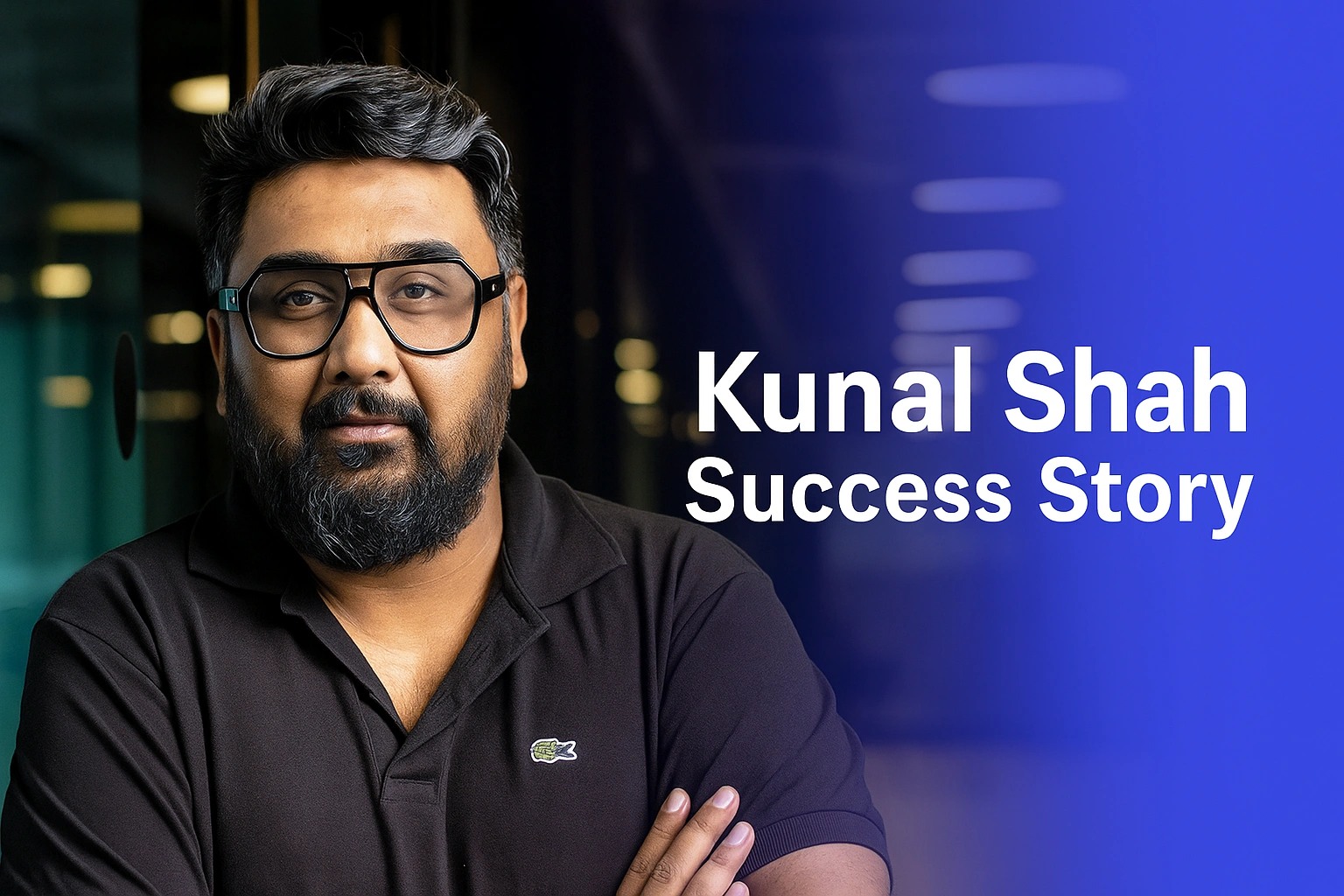

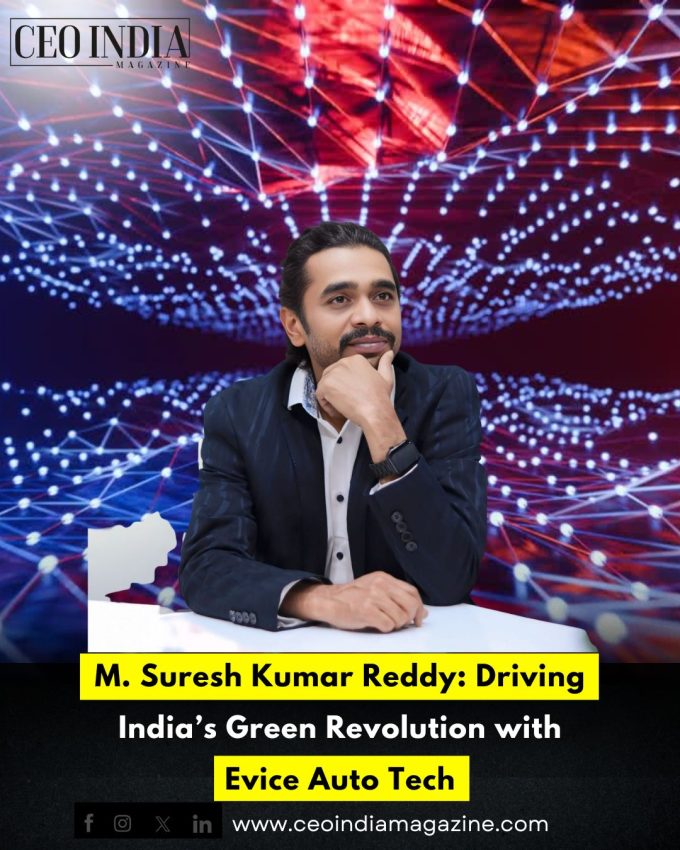
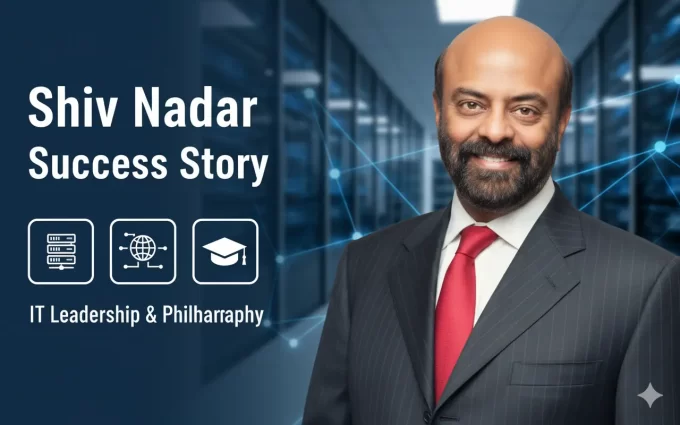
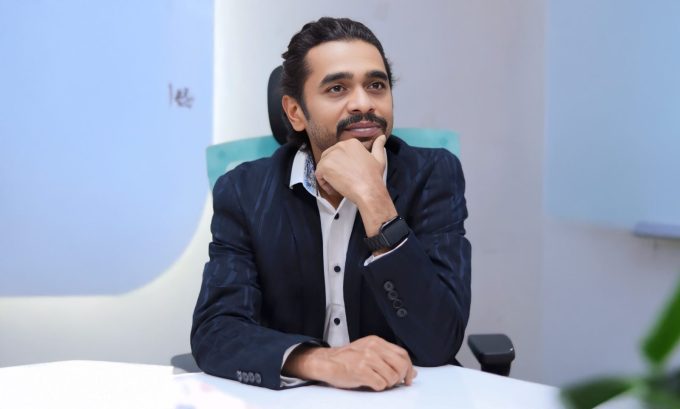
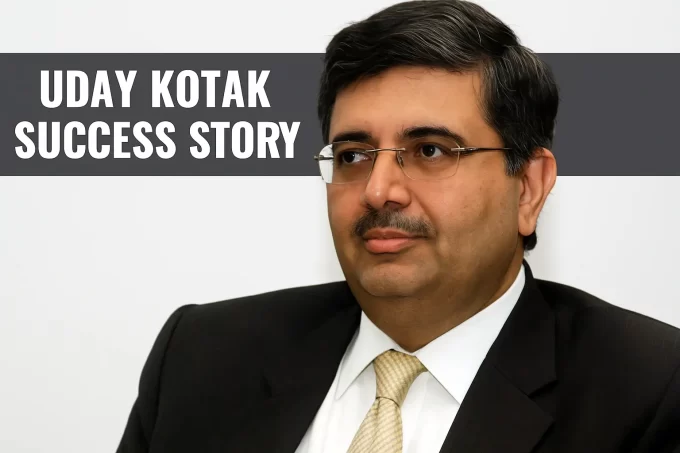
Leave a comment